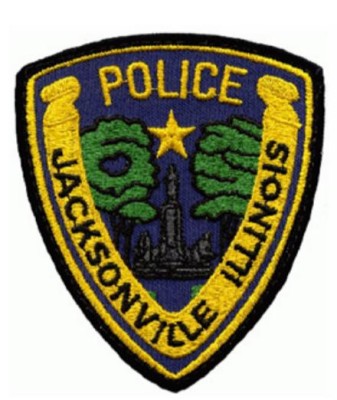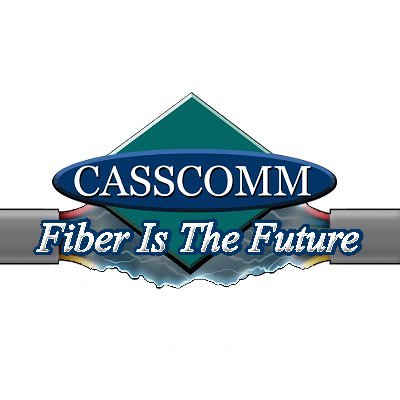As reports of methamphetamine related deaths continue to rise across the country, Jacksonville Police have seen a similar trend locally in meth abuse and related arrests.
With the growing concerns over what is now being called meth 2.0 that is reportedly being manufactured in Mexico and shipped into the U.S., Jacksonville Chief of Police Adam Mefford said that the trend of where the meth is coming from has changed during his time with the force.
“In the last few years, we have done a good job in trying to eliminate the meth labs, so to speak, those where you have cooks locally making their own meth. We really put an effort into targeting those individuals, and we really have seen a pretty good decrease in the meth labs in town. But what that does is, when you eliminate one problem, other things pop up. So now we are seeing meth brought in from other areas, other states.”
Mefford said that if can be difficult for officers out in the field to differentiate one type from another as far as the purity and quality of the drug, and that when dealing with methamphetamine, they are dealing with a controlled substance any way you look at it.
The Executive Director of Gateway Foundation in Jacksonville, Kerry Henry says that Gateway Foundation addiction treatment facilities in Springfield and Jacksonville are seeing approximately 50% of their admissions are individuals struggling with meth addiction.
Mefford said that methamphetamine continues to be a problem in the community that is difficult for law enforcement to find a clear answer for how to contain.
“I’d say in the last ten years, absolutely we have seen an increase in meth use. Recently, we are at an impasse so to speak with law enforcement. You take two dealers off of the street, and two more pop up, and it is just a battle that we are trying to get ahead of, but sometimes it feels like we are just spinning our wheels.”
Mefford said that part of the way to combat the methamphetamine epidemic is proper treatment for those who are currently addicted, and that the Jacksonville Police Department wants to actively assist in getting help to those who need it.
“Our police department has a very good relationship with social services in the area. We have a very strong relationship with Passavant Area Hospital, and we have had good relations with Gateway since they came to town.
Obviously if someone comes into our police station ans is asking for help, we are going to do whatever we can for that individual to help point them in the right direction, and get them access to service, immediately. I think sometimes that delay in access to service, could compound a situation for an individual that can’t find a facility to get into”
Mefford said that all over the country treatment facilities are full, and terms like “waiting on a bed to open up” or “waiting on placement” are a common status of people addicted to meth who are trying to get help.
Mefford said that the Jacksonville Police are not just there to make arrests, and that they are willing and able to help someone who is addicted to drugs.
“That is a stigma that we have to try and play down, that if you’re an addict and addicted to some kind of controlled substance, that you can’t come to the police station for help. Obviously we are not a medical facility, or a drug treatment facility, but we are a facility that has access to those contacts, and that we can at least start providing information in getting that individual to someone who can help then in that situation.”
If you or someone you know is struggling with meth addiction, you can contact the Gateway foundation in Jacksonville, by calling 217-280-8682. Gateway also has walk in hours available at both the Springfield and Jacksonville facilities Tuesday through Thursday from 12:00 to 2:00 pm
You can also contact the Illinois Department of Human Services Division of Alcoholism and Substance Abuse at 1-866-213-0548 (toll-free Voice) 1-866-843-7344 (toll-free TTY).
To find more information about receiving help at the Gateway Center in Jacksonville, follow this link about methamphetamine treatment options and local resources available to combat addiction.




